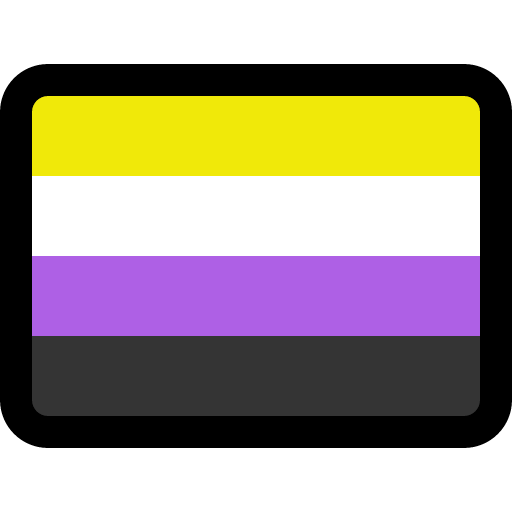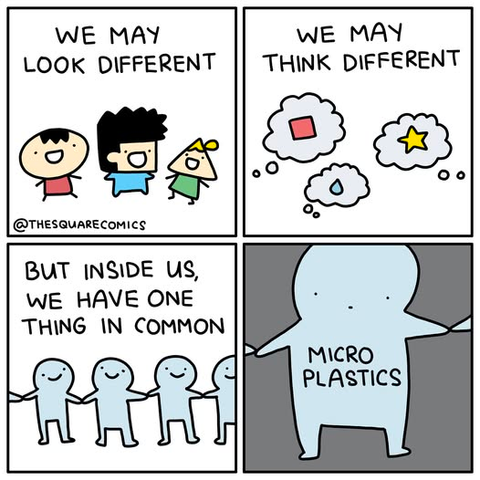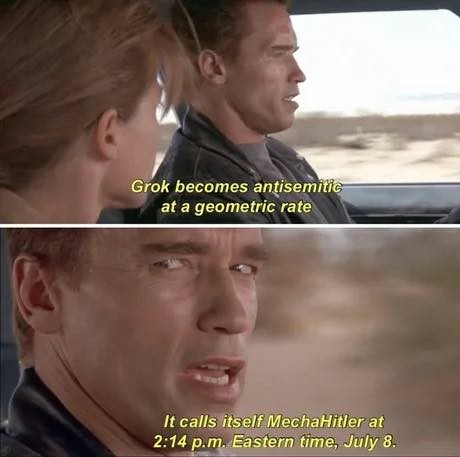@Lunatic since I'm on topic I just wanted to share a little mystery in plain sight. the Japanese weekdays look like this to the unitiated:
nichiyōbi sun-luminary-day "Sunday"
getsuyōbi moon-luminary-day "Monday"
kayōbi fire-luminary-day "Tuesday"
suiyōbi water-luminary-day "Wednesday"
mokuyōbi wood-luminary-day "Thursday"
kinyōbi metal-luminary-day "Friday"
doyōbi earth-luminary-day "Saturday"
so you might thing it's based on the Chinese Five Elements, plus Sun and Moon. however, the word I'm translating here as "luminary", yō 曜, is an archaic term not used anywhere else than weekdays, so it feels opaque to modern readers. it's actually a Chinese suffix for the classical Seven Planets, and the weekdays are named after the planets, not the elements:
nichiyōbi Sun-day
getsuyōbi Moon-day
kayōbi Mars-day
suiyōbi Mercury-day
mokuyōbi Jupiter-day
kinyōbi Venus-day
doyōbi Saturn-day
these are all from Classical Chinese. but the Chinese clearly must have gotten it from the Western weekdays (the correspondence is direct: Sōlis, Lūnæ, Mārtis/Áreōs, Mercurīi/Hermoû, Iovis/Diós, Veneris/Aphrodítēs, Sāturnī/Krónou). nobody knows from when, they pop up in Chinese astronomy as early as the 4th century, so the system must have come from the Greeks through trade routes, but there's no documentation of how. this system isn't used in China or Taiwan anymore, so places like Japan preserve a distant echo of Ancient Greece that went silent in the continent.
 nonbinary aroace
nonbinary aroace 
 | anarchist 🏴 | vegan/animal liberation | neurodivergent (AuDHD) | kind of obsessed with rabbits 🐇 | might also post about industrial and goth music, anime, games, horror, sci-fi and fantasy
| anarchist 🏴 | vegan/animal liberation | neurodivergent (AuDHD) | kind of obsessed with rabbits 🐇 | might also post about industrial and goth music, anime, games, horror, sci-fi and fantasy

 🇵🇸
🇵🇸

